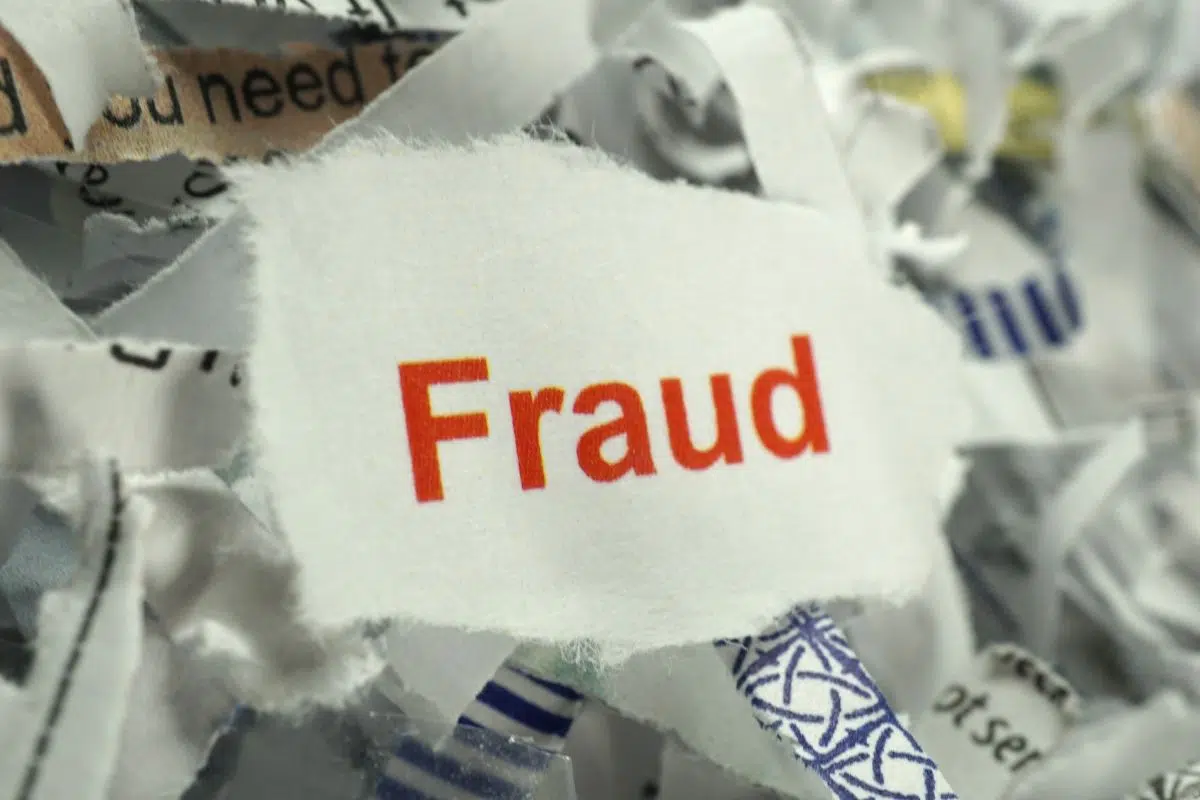If you’re concerned about a potential fraud claim, you may have questions about what fraud really is. In casual conversation, we often refer to someone as a fraud or call a claim “fraudulent”. However, the law contains five specific elements that you must prove in order to prevail. Do you think that you might have a claim for fraud, or are you facing fraud accusations? Reach out to Henke, Williams & Boll for a consultation.
-
Material Misrepresentation
The first key element of a Texas fraud claim is a material misrepresentation. A representation is a statement (oral or written) made by someone to others. Representations are material if they would be important for a person making a decision. Specifically, courts look at whether a representation would have induced a reasonable person to act on it. It doesn’t matter if the representation was one of many made about a particular subject. Determining whether a statement is material can be an important part of a case. Your lawyer can review the specific facts of your case and discuss strategy for addressing the materiality element with you.
-
False Misrepresentation
Second, a plaintiff claiming fraud must show that a material representation was false when made. A representation is false if the statement itself or conduct attached to it suggests to the plaintiff that the representation is true, but in fact it is not true. In other words, the representation is either (1) an outright lie, or (2) very misleading, because the circumstances around it make it seem true even though it isn’t. Deceptive responses to questions, statements that give a false impression due to context, and false promises all might be false representations. Silence, or non-disclosure when you have a duty to disclose, also could be false representations.
-
Knowledge
To support a fraud claim, the plaintiff needs to show that the person making the false representation knew it was false when making it. If the person didn’t know it was false, then they must have made the representation recklessly without knowing that it was true. In other words, the person said something without checking whether it was true or not. This is another key element of fraud claims. If the representer didn’t know that a statement was false, even after trying to investigate, then a fraud claim might not stand up in court.
-
Intent
Moreover, a person making a false misrepresentation must have intended for the plaintiff to rely on it. If someone makes a false statement, but has no intent that anyone will take action based on the statement, a fraud claim might not stand. Part of proving a claim in court is showing that intent. Intent could be proven by bringing in evidence of the person’s statements or actions surrounding the representation. For example, if the person told other people that the false statement was supposed to mislead the plaintiff, that could show intent.
-
Justifiable Reliance
Finally, the fifth important element of a fraud claim is justifiable reliance. A plaintiff must show that he or she relied on the false misrepresentation. He or she also needs to show that the reliance was justifiable. Moreover, he or she needs to show some injury from the reliance. In other words, there is no fraud if the plaintiff had no reason to rely on the representation or suffered no injury at all.
Texas law states that people have a duty to conduct reasonable diligence in conducting their affairs. They should investigate transactions and people’s backgrounds to the extent that a reasonable person in their position would. If a plaintiff’s experience and background would give him or her reason to doubt a statement, then reliance on it might not be justifiable. Plaintiffs can’t ignore “red flags” and then claim justifiable reliance. Instead, they should do their due diligence before trusting representations made by a potentially unreliable source.
If you have questions about fraud in a business or personal context, contact our lawyers at Henke, Williams & Boll. We are Houston business lawyers who advise clients on fraud claims, including litigation related to fraud and fraudulent transfer.
Questions About Fraud? Contact Us Today!
When you need legal advice about business matters, our firm is the place to go. As experienced Houston business lawyers, we help our clients with solutions-based advice. We consider the practical and legal impact of your business actions, and we aim to pave a path forward for your business to thrive. To set up a consultation, call 713-940-4500 or use our convenient Contact Form.


